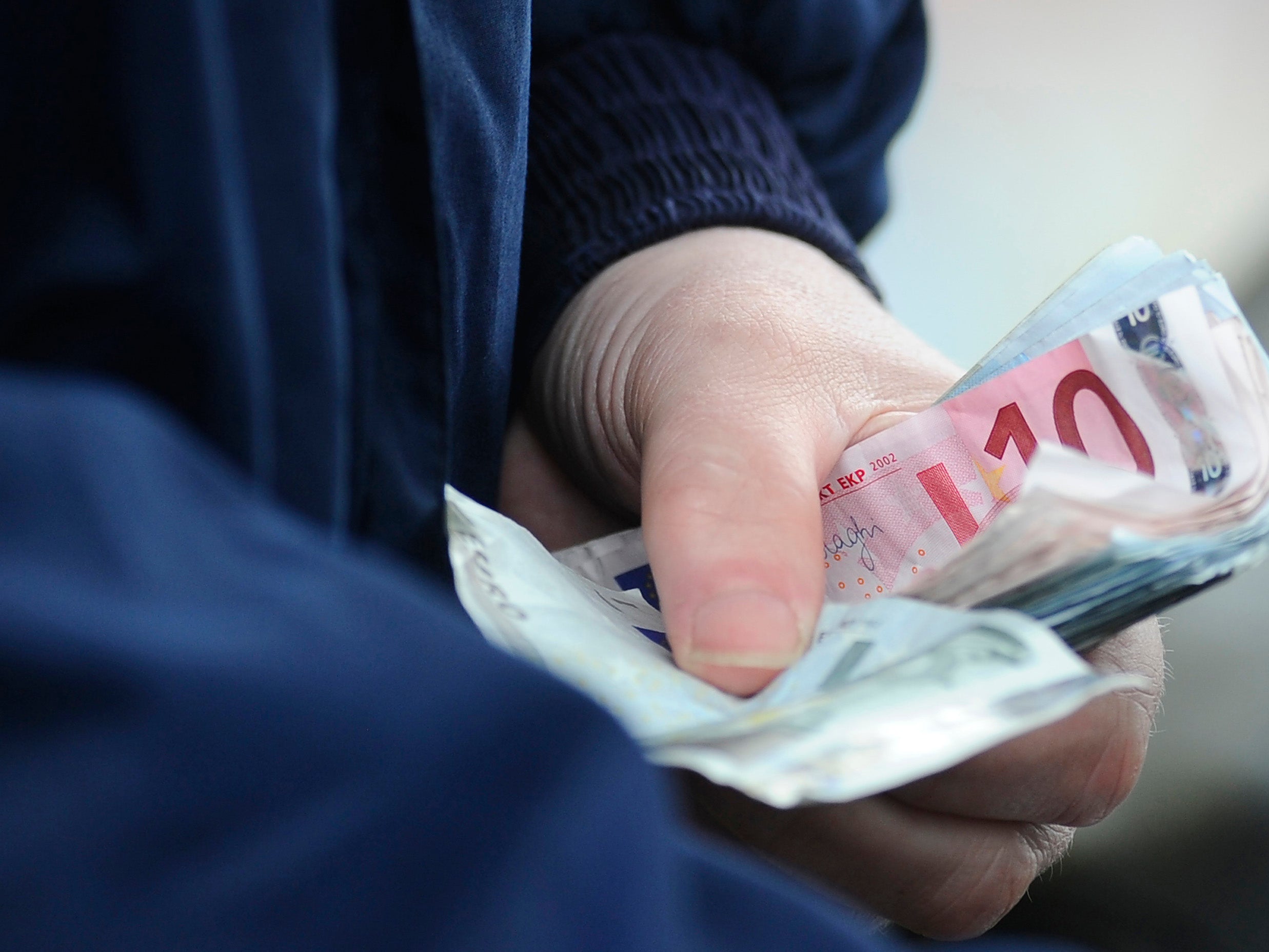Finland launches universal basic income pilot of 560 Euros a month
'Will this lead them to experiment with different jobs? Or make them lazier?' asks benefits expert

Your support helps us to tell the story
From reproductive rights to climate change to Big Tech, The Independent is on the ground when the story is developing. Whether it's investigating the financials of Elon Musk's pro-Trump PAC or producing our latest documentary, 'The A Word', which shines a light on the American women fighting for reproductive rights, we know how important it is to parse out the facts from the messaging.
At such a critical moment in US history, we need reporters on the ground. Your donation allows us to keep sending journalists to speak to both sides of the story.
The Independent is trusted by Americans across the entire political spectrum. And unlike many other quality news outlets, we choose not to lock Americans out of our reporting and analysis with paywalls. We believe quality journalism should be available to everyone, paid for by those who can afford it.
Your support makes all the difference.Finland has become the first country in Europe to pay its unemployed citizens a basic monthly income, in a radical pilot project aimed at reducing poverty and joblessness, while also cutting national spending and bureaucracy.
Two thousand people will receive 560 euros (£480) every month for two years, without having to report whether they are seeking employment or how they are spending the money. This will be deducted from any benefits they are already receiving.
The scheme has been created by KELA, the government agency which is responsible for the country's social benefits.
Citizens who receive unemployment benefits will be randomly selected, said KELA's Olli Kangas, who added that it had been designed to solve the “disincentive problem” among the jobless.
If a participant finds work, they will continue to receive the payments, preventing fears that they would lose out by finding employment.
The problem of refusing work because people feel better off on benefits is particularly acute under Finland's generous and complex social security system.
“It's highly interesting to see how it makes people behave,” said Mr Kangas. “Will this lead them to boldly experiment with different kinds of jobs?
"Or, as some critics claim, make them lazier with the knowledge of getting a basic income without doing anything?”
More than eight per cent, or around 213,000 Finns were out of work in November, a figure unchanged from the previous year.
The scheme is part of the measures by the centre right government of Prime Minister Juha Sipila to tackle Finland's joblessness problem.
Mr Kangas said the basic income experiment may be expanded later to other low-income groups such as freelance workers, small-scale entrepreneurs and part-time workers.
The average private sector income in Finland is €3,500 (£2980) per month, according to government data.
Hanna Mantyla, the Finnish minister of social affairs and health, previously said the project was needed because the country's social security system faced “big challenges in the future” if it was not simplified.
There have already been successful pilot schemes in Africa and India, and a basic income system is also being considered in Switzerland, the Netherlands and France.
Scotland is also set to trial a programme, with Labour-run fife and Glasgow councils designing pilots set to run in the next two years.
Interest in universal basic income has been growing in Scotland, particularly after the Scottish National Party passed a motion in support of the policy at its conference last year.
Join our commenting forum
Join thought-provoking conversations, follow other Independent readers and see their replies
Comments